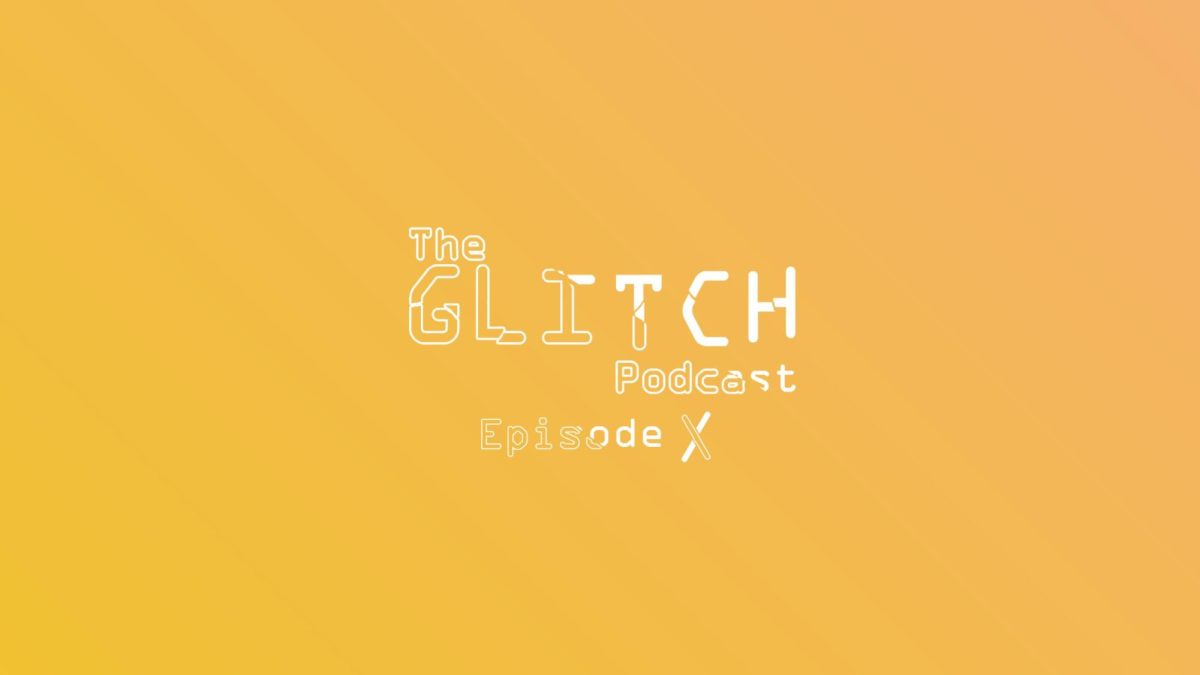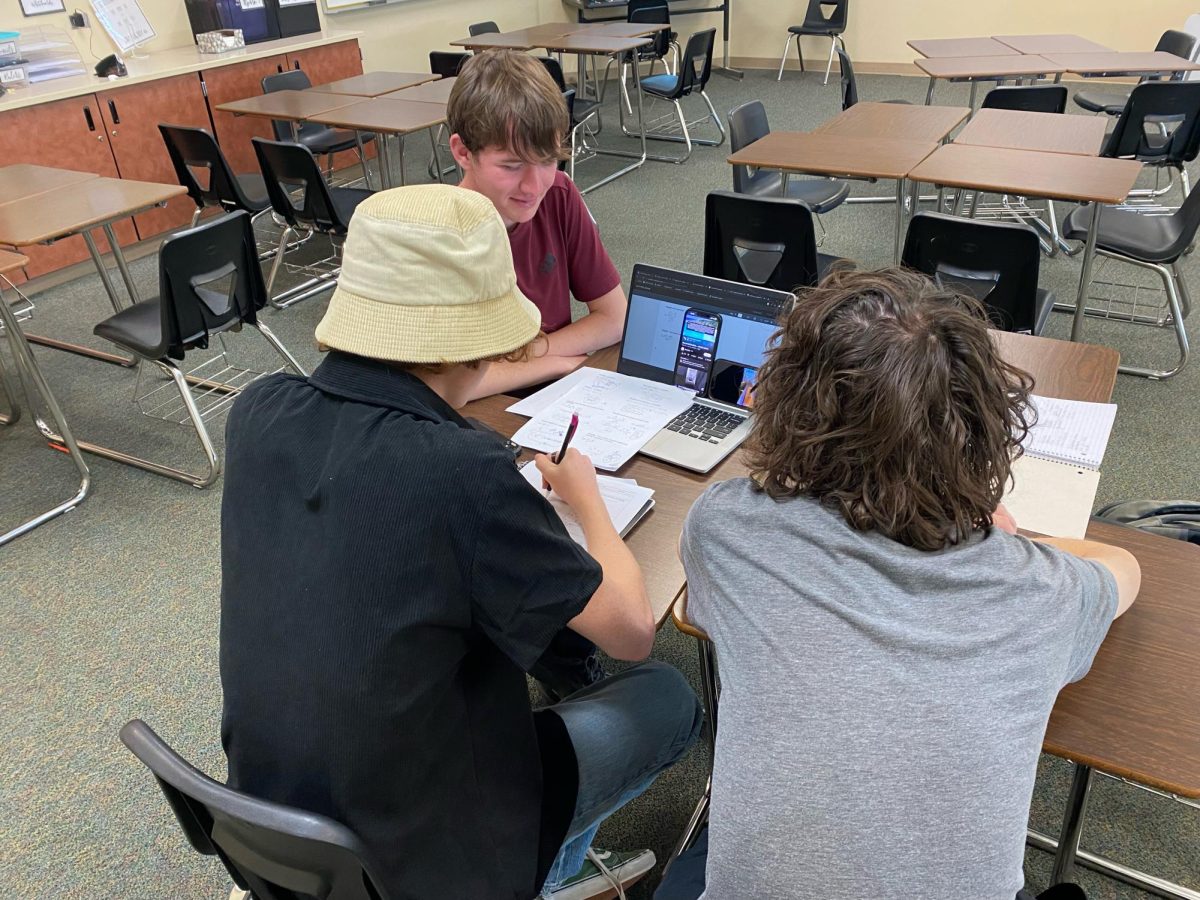Every student has their own methods of approaching school assignments. Some of these methods have helped these students for years. There isn’t just one method specifically, there are tons, and each has its unique way of helping the student with school work. It doesn’t have to be a method either; it could be a skill or a technique that is beneficial to the student for whatever assignment they’re working on.
You may have your method or preference for working through an assignment, but here’s what some Jaguars recommend.
Brady Kempf ‘24
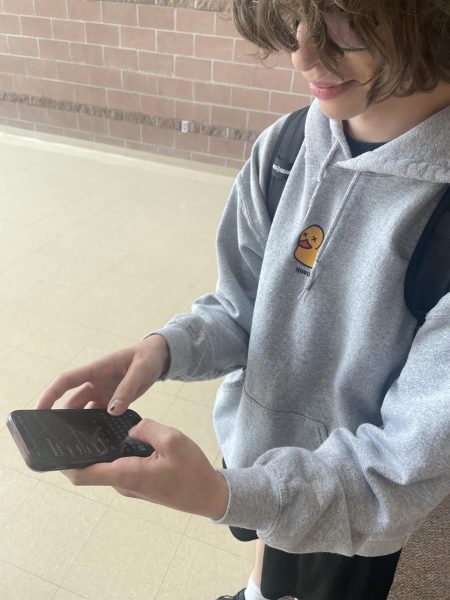
Q: Would you say you’re better off working alone or in a group?
A: I’d work in a group because there are more minds to think and complete the assignment.
Q: Are you more of a team leader or a team member?
A: I couldn’t be a group leader, I’d rather just add on to what people are saying.
Q: What skills do you have in a group?
A: I’m pretty good at proposing ideas to the group.
Q: How can you keep track of work?
A: I use the Notes app on my phone to keep track of assignments and due dates.
Q: What are some methods that can help you with an assignment?
A: Before I begin an essay, I use a template on Google Docs to give me a headstart on what I’m writing about.
Declan Simms ‘26
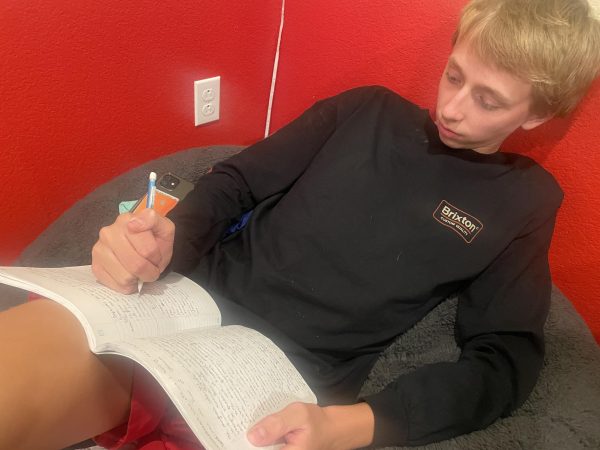
Q: Would you say you’re a visual learner?
A: Yeah, I work better when I see examples of work that’s in front of me.
Q: Are you better working solo, or in groups?
A: Probably in groups, so I can get different ideas and stuff.
Q: Whenever you’re stressed out on an assignment, what are some things that can help you calm down?
A: I like getting clarification from my teachers and getting help when I need it.
Q: Do you wait until the last minute to do work or do you do it right away?
A: Probably at the last minute, I’m more of a procrastinator.
Q: What are some skills that you have in a group?
A: I’m a good organizer, and I help provide opinions on certain stuff.
Eila Liu ‘25
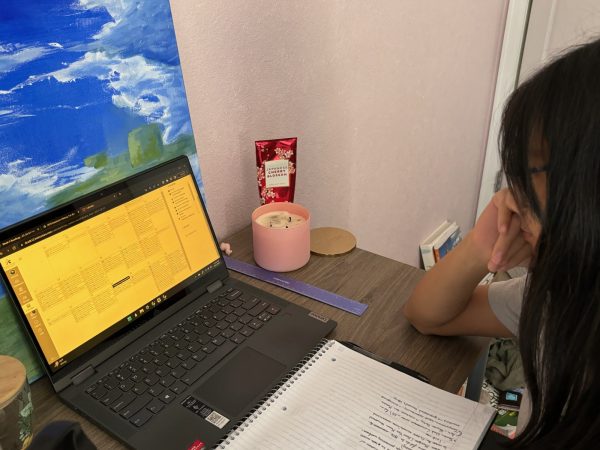
Q: Are you better solo or working with a group on an assignment?
A: I personally work better as an individual because I find that working with a group leads to conflicting opinions, which makes it harder to coordinate in general.
Q: Are you a team leader or just a teammate?
A: I think it depends on the situation. If need be, I’ll step up, but I prefer to be a teammate because it’s hard to make everyone work together under your lead.
Q: Do you have any skills you use now for schoolwork that could help you in the future?
A: There are only a few skills that’d help me in the future, one of them would be presentation skills and public speaking. This is because everywhere you go, you have to speak with people and “sell” yourself to everyone.
Q: Why do you think it’s important for a student to have their own method for doing work?
A: I think it’s the most efficient way for every individual. It’d be inefficient if everyone were to follow a single standardized method because I think it’d stunt growth.
Q: How do you keep track of work?
A: I have two planners, one is physical and the other is digital. I use the Canvas calendar because it’s really easy to note things on there. My physical one is used for memorizing what I have to do.
James Bogue ‘27
Q: Would you say you’re better off working in groups or solo?
A: Probably solo.
Q: How can you keep track of your work:
A: Me, personally, I use folders and binders and stuff like that.
Q: Do you take notes on a computer or a notebook?
A: I use a notebook.
Q: Do you wait until the last minute to complete assignments, or do you complete them as soon as possible?
A: Most of the time, I wait until the last minute, but sometimes I complete an assignment pretty quickly.
Q: What skills do you have to bring to a group?
A: I’m pretty good at research and I typically really help the group to work together.
From what these students have to say, it’s obvious they all have different ways of studying and keeping track of work. Some may be procrastinators or visual learners, but everyone has their own method of approaching schoolwork, and whatever works best for them is what they should stick with.
Not only are these responses interviews, but they also give other students who struggle with studying or keeping track of work some tips, and for many students, that can be crucial for completing work on time and of quality.

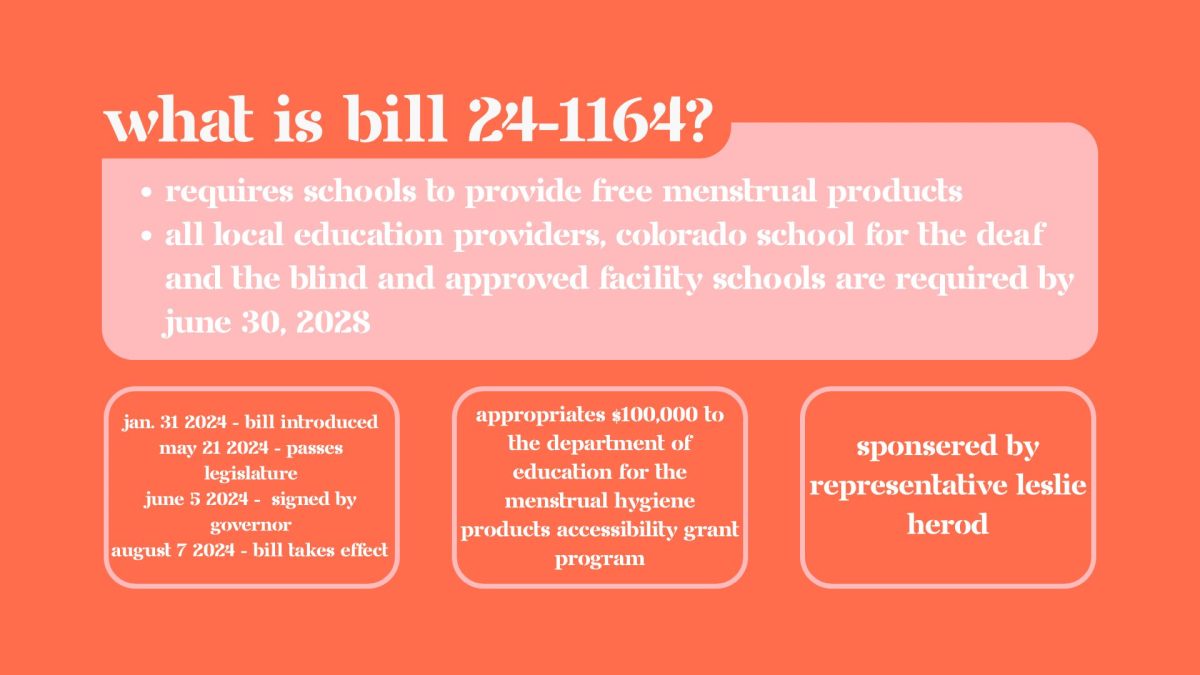

![Minutes before the Activities Fair in the gym, president Abhi Gowda ‘26 prepares the stall for his club Helping Hands, Sept. 4. A relatively new club, Helping Hands was co-started by Gowda and focuses on assisting the homeless, and just last year they succeeded in raising a couple hundred donations to send to shelters. This year, they have goals to expand, with hopes to increase volunteer opportunities and take in-person trips to shelters, as well as extend their help beyond just homeless people. “The Activities Fair gives a lot of underclassmen the opportunity to really get to know the Canyon culture, and it gives them many opportunities for service and volunteering,” Gowda said. “[Through the Activities Fair,] I hope to find a bunch of new and passionate members about our club and just get our name out there and spread awareness to the cause that we’re fighting for.”](https://rockmediaonline.org/wp-content/uploads/2025/09/1-2-1200x885.jpg)

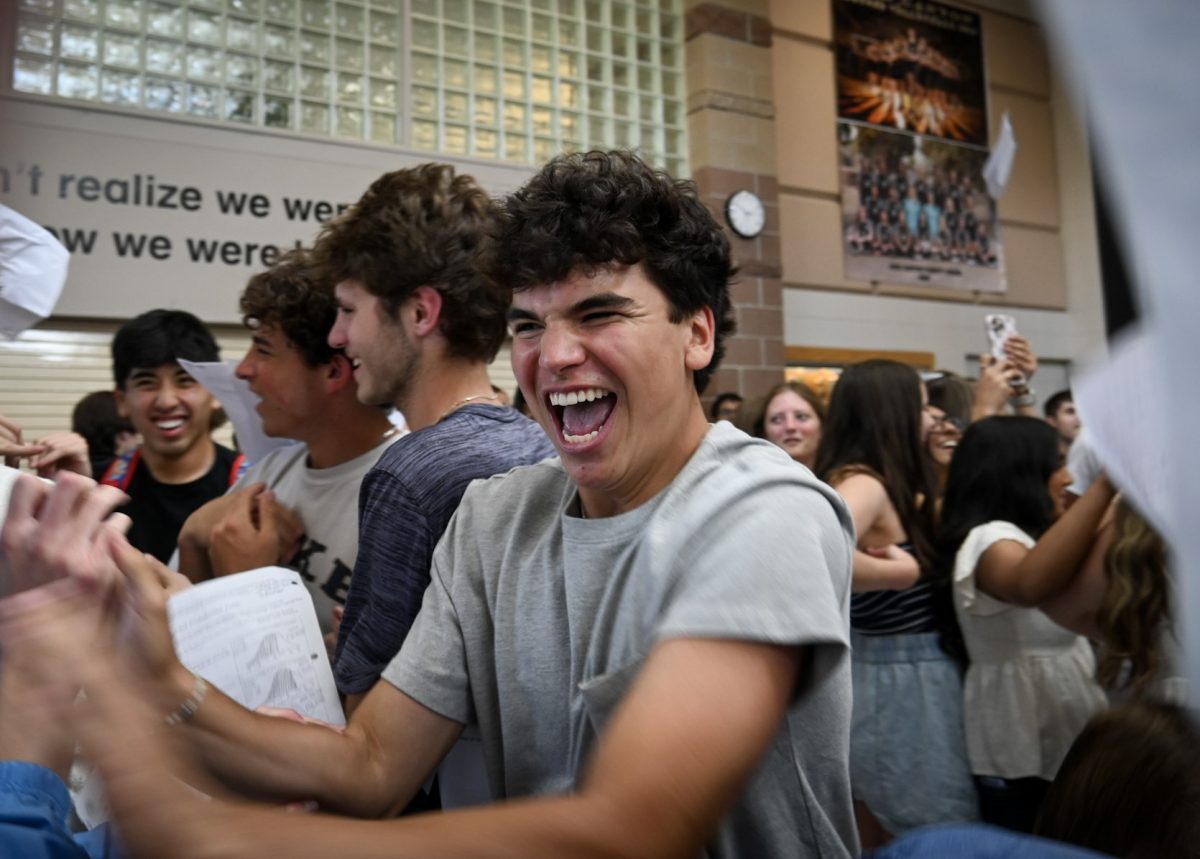
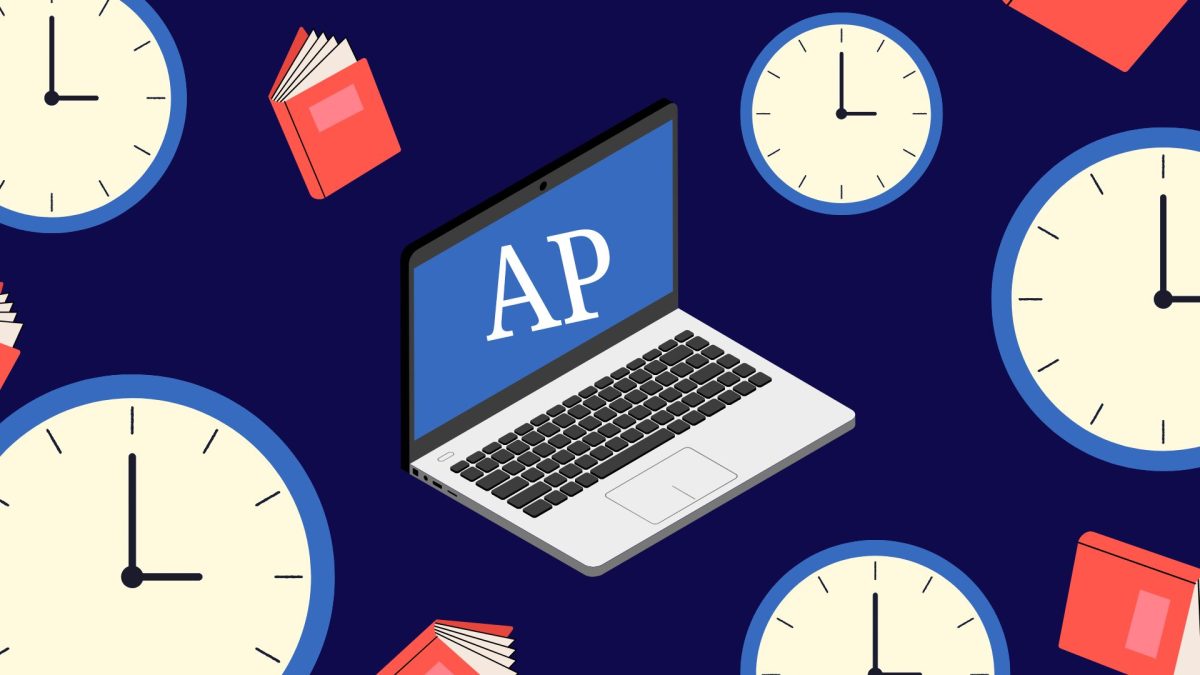

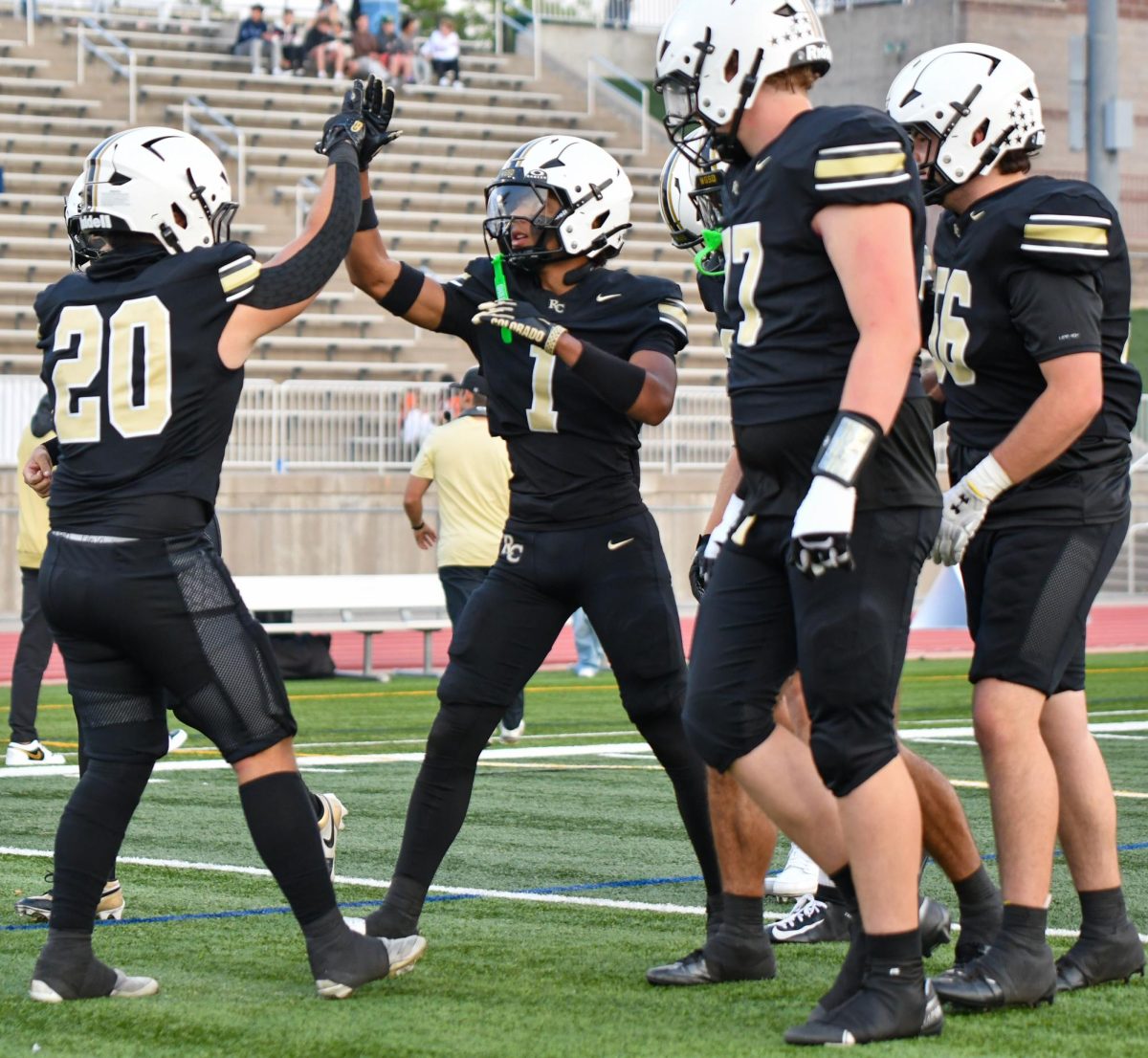
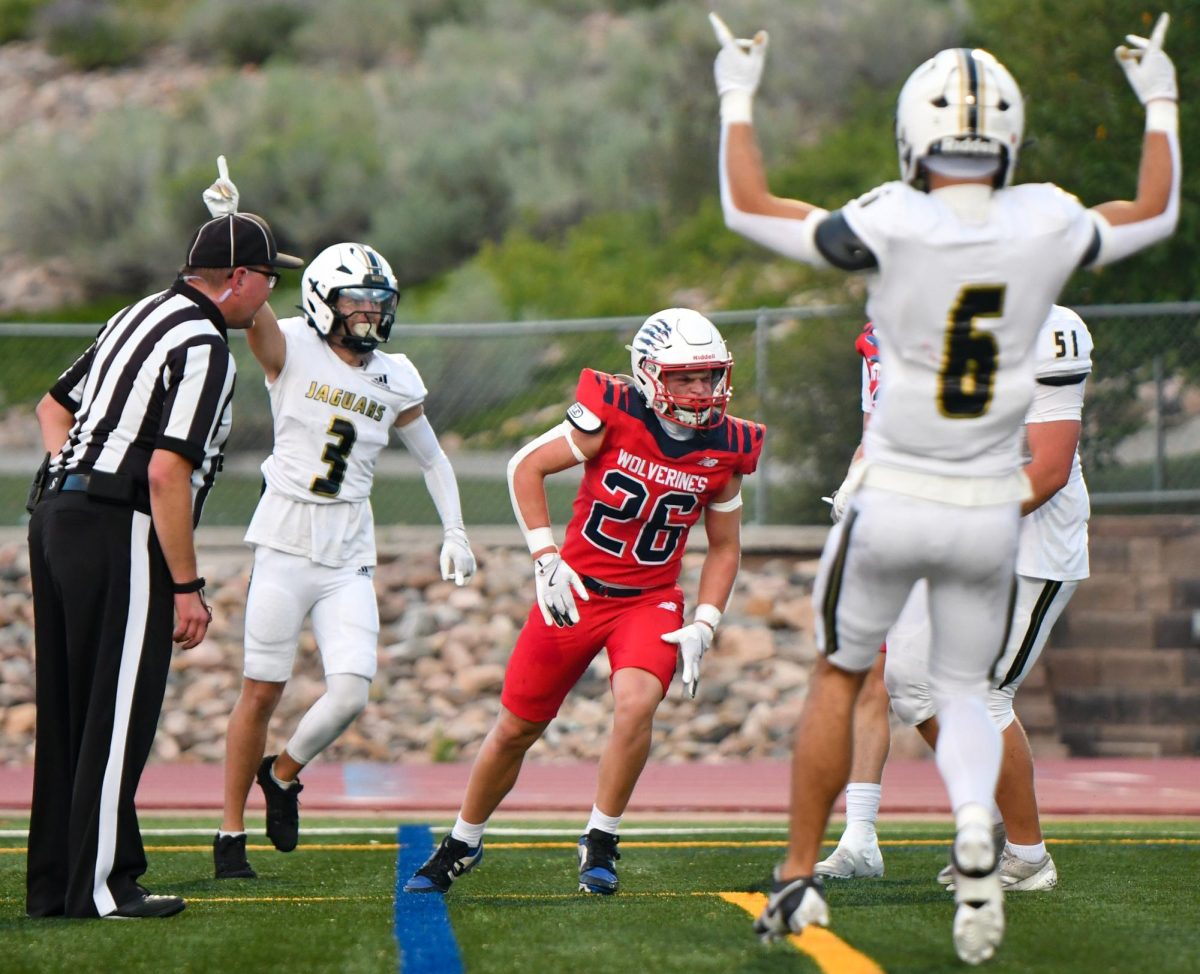

![The winter guard team makes fifth place at the state championship finals in the Denver Coliseum, March 30. The team performed to Barnes Country's “Glitter and Gold,” lead by coaches Margo Sanford, Blair Bickerton and Anna Orgren. In their class there were a total of nine groups participating, and the top five who made it to finals received a plaque. “[Walking onto the stage] is very nerve-wracking, but also very exciting as well. When you first start color guard there's a lot of anxiety and uncertainty when you first perform in front of an audience, but once you've done it for a while, it starts to become the best part of the season,” Ella West ‘25 said. “It's very fulfilling to see an audience react to something you've put your heart and soul into.”](https://rockmediaonline.org/wp-content/uploads/2025/04/Both-socal-media-nd-website-main-1-1200x846.jpg)
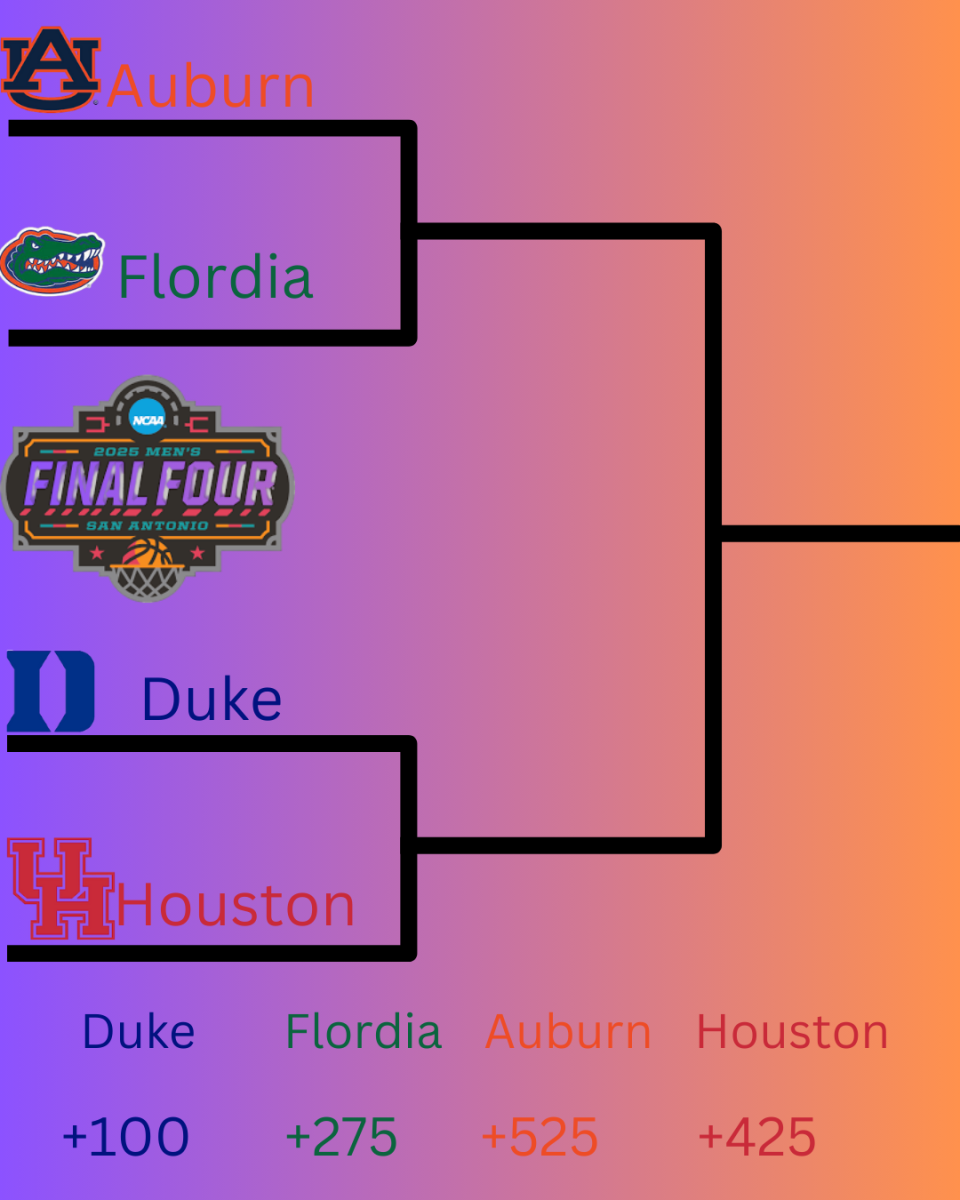

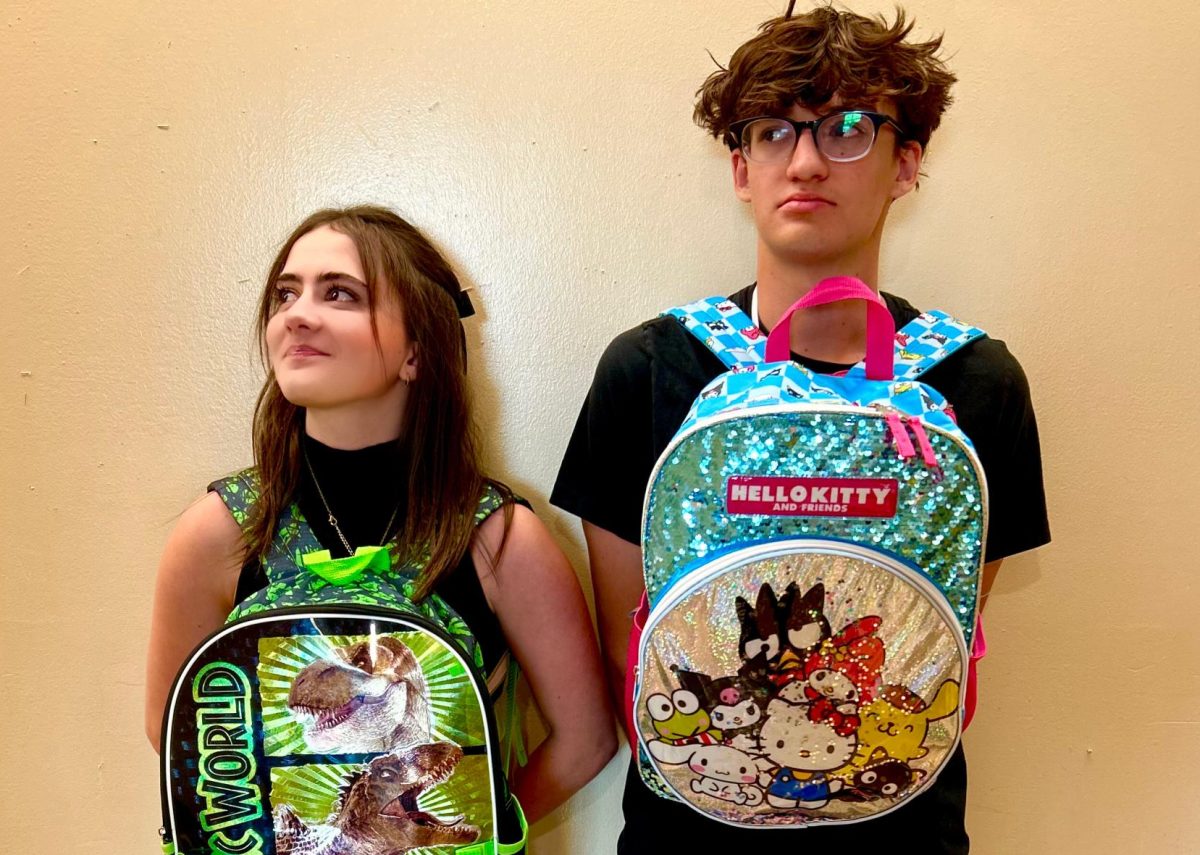
![April marks the 25th anniversary of Sexual Assault Awareness Month, created by the National Sexual Violence Resource Center (NSVRC). This month is to spread awareness of the harassment, assault and abuse that happens around the world. The symbol that represented the month was a teal ribbon; however, some survivors of assault create different symbols and movements like the TikTok trend in 2022, where survivors would tattoo Medusa on their body, in honor of her backstory in Greek Mythology. “I don't think [this month is known] at all. I rarely see anybody talk about it. I rarely see much of an emphasis on posting it online, or much discussion about it, and I feel like there needs to be way more discussion,” an anonymous source said. “I think just validating every experience that a person has gone through, regardless of the degree of it, the severity, is an essential step into making sure that people are aware that this is a very real problem in a society and that we need to do better in addressing it.”](https://rockmediaonline.org/wp-content/uploads/2025/04/IMG_0011-1200x900.jpg)

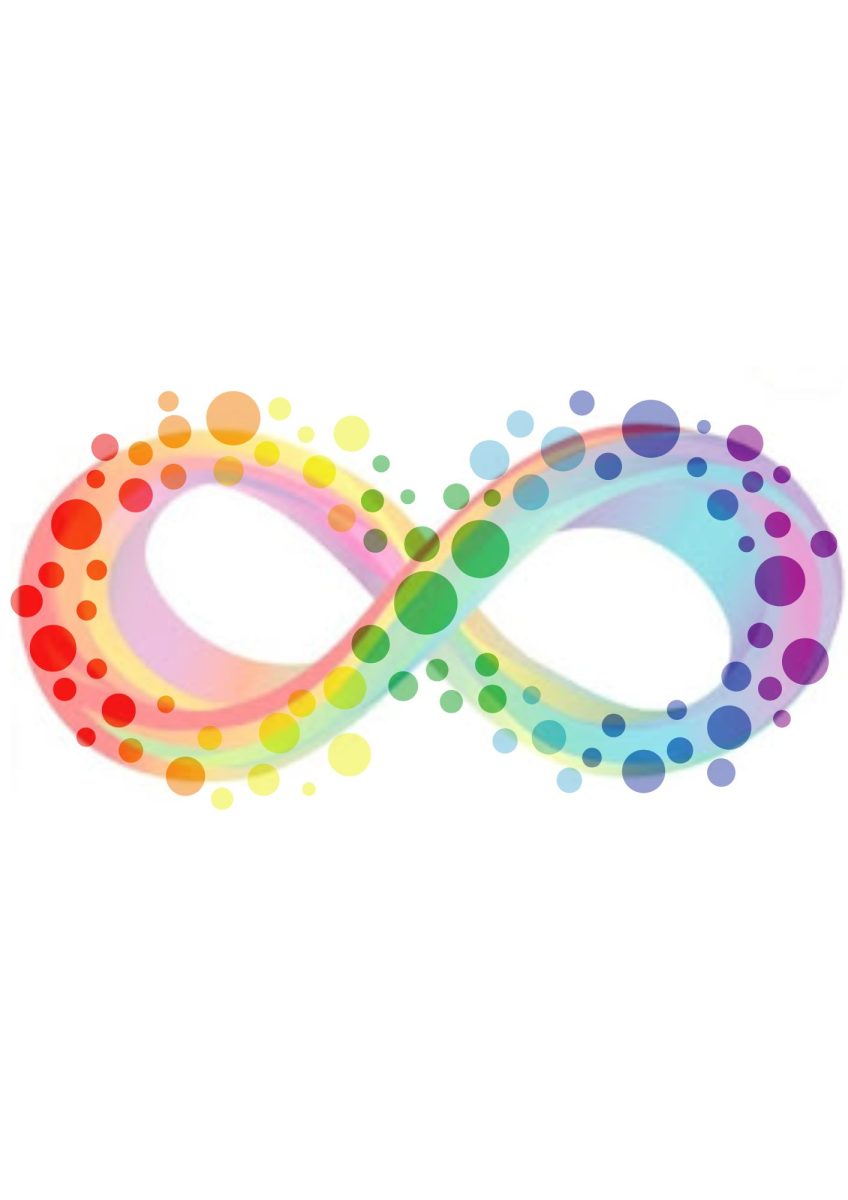
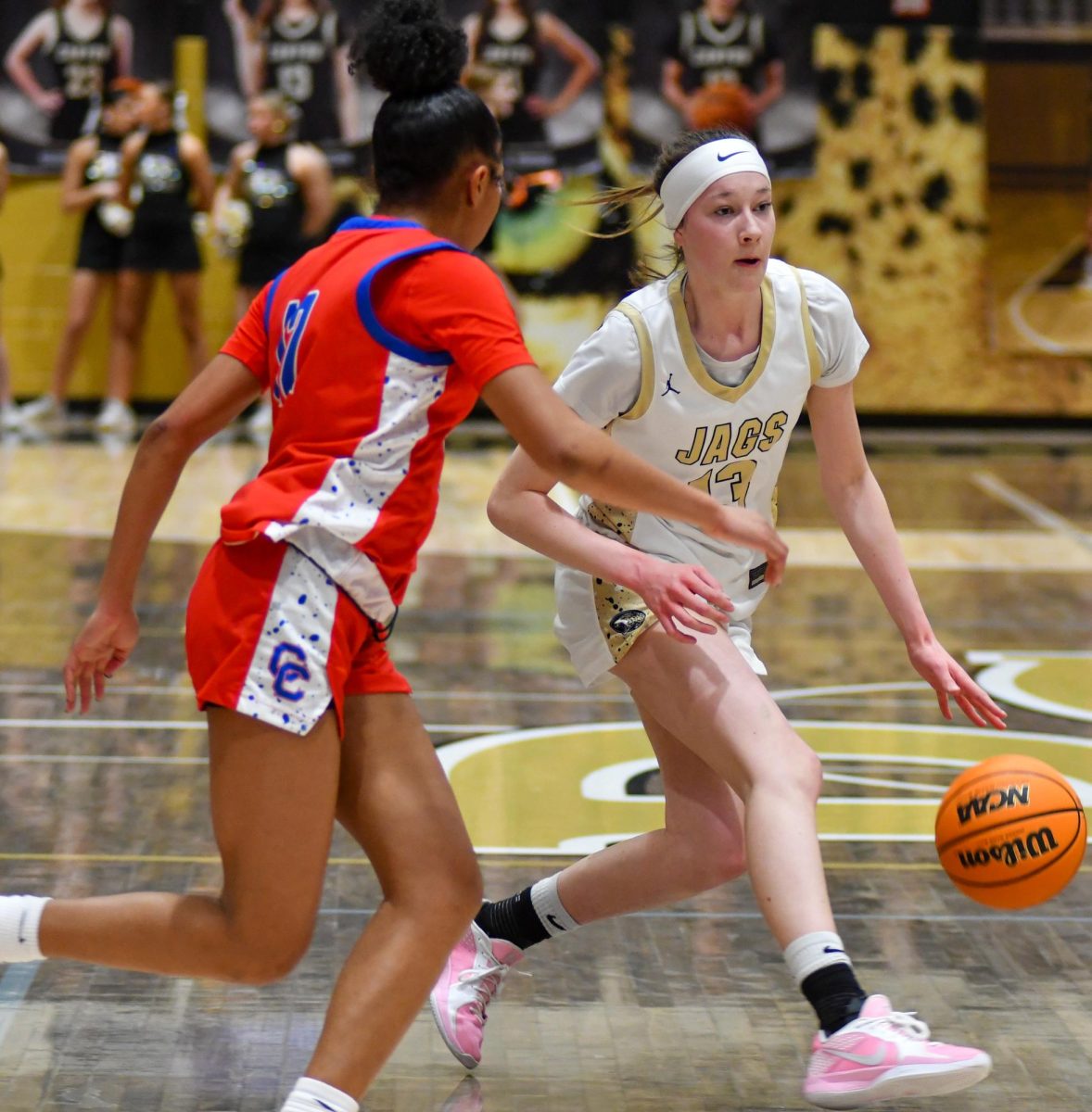


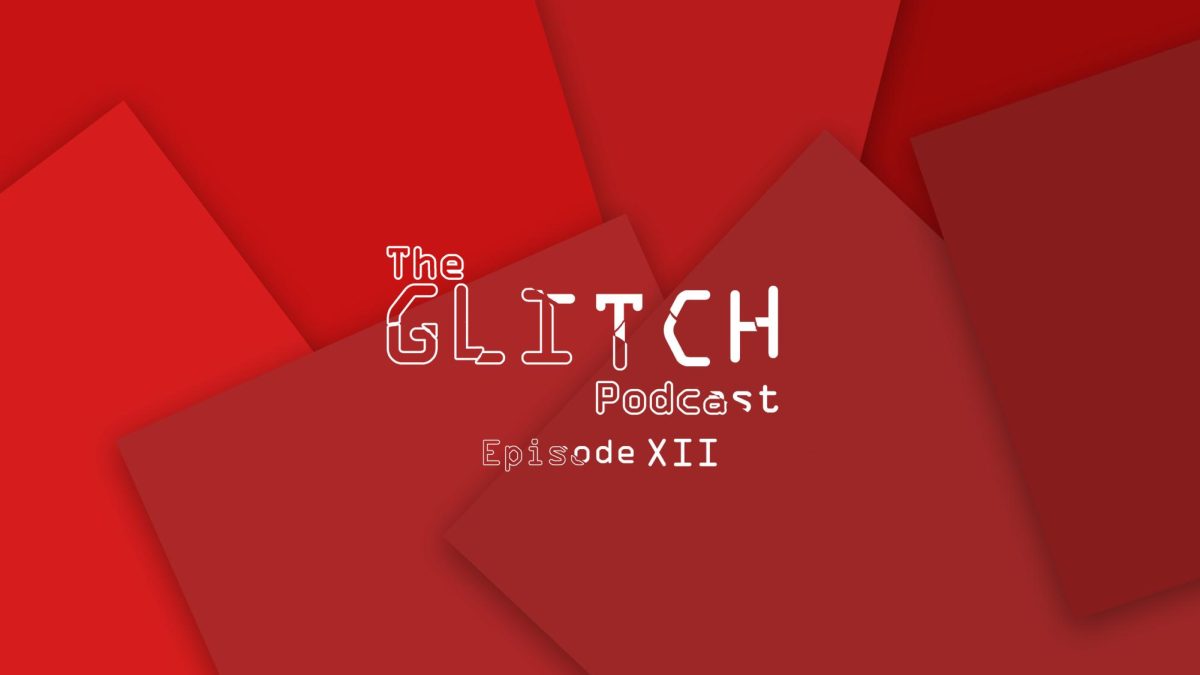
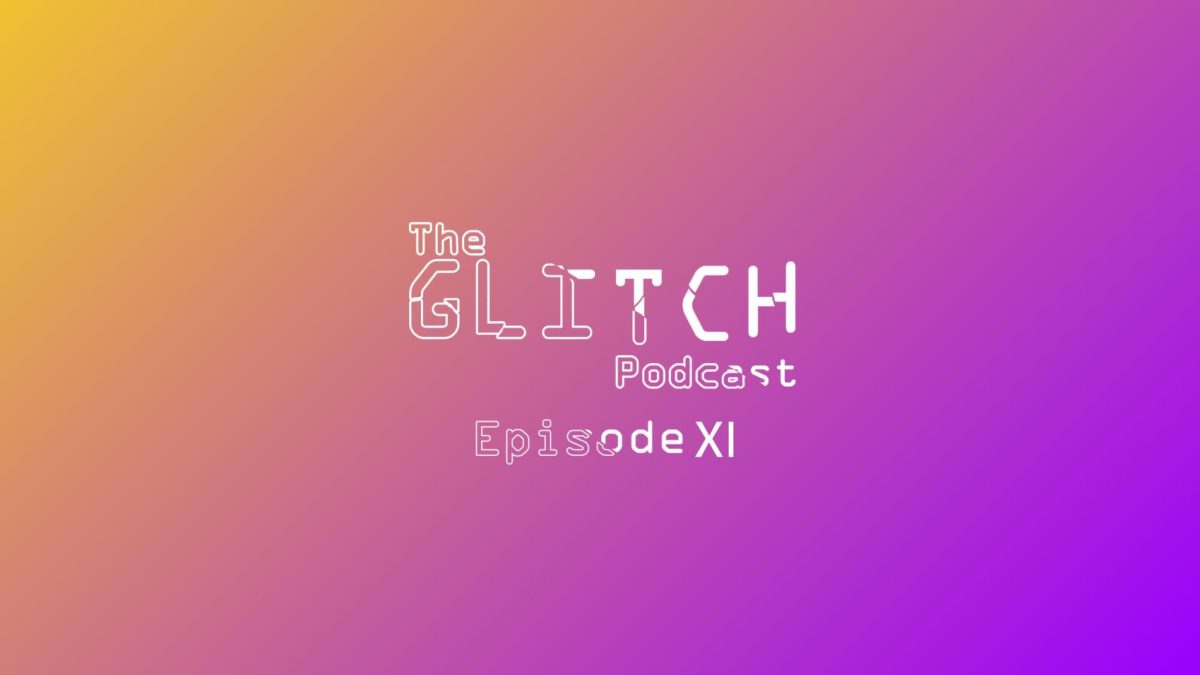





![Lesbian Visibility Day is April 26, and it’s a holiday to celebrate the lesbian community of the world. Lesbian Visibility day was established in 2008 by many queer activists and organizations who sought to raise more awareness for lesbian history and culture. “So this is why during Lesbian Visibility [Day] we celebrate and center all lesbians, both cis and trans, while also showing solidarity with all LGBTQ+ women and nonbinary people,” Linda Reily, in an article written by her, said.](https://rockmediaonline.org/wp-content/uploads/2025/04/Lesbian-Visibility-day.jpeg)



